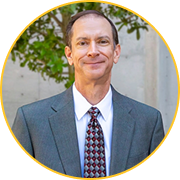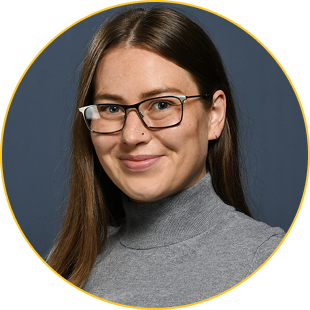Experiential learning for practical skills in criminal prosecution
The Prosecution Clinic will help unlock your courtroom potential by giving you the opportunity to try real criminal cases. Under the supervision of experienced attorneys, Certified Limited Practice Students in the Prosecution Clinic handle all trial-related tasks while prosecuting misdemeanor cases in municipal courts in Maricopa County. In class, students discuss the role of the prosecutor in the criminal justice system, the prosecutor’s ethical obligations and Arizona victims’ rights laws. Students are taught how prosecutors present trials from opening through closing and students have the opportunity to sharpen their trial skills in mock exercises. But the real trial learning occurs in the courtroom where students conduct trials and receive feedback from experienced prosecutors and judges. Students may have the opportunity to handle a jury trial.


